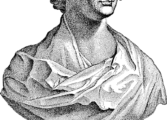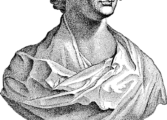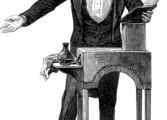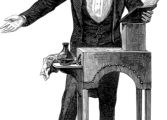Emma is one of Jane Austens most beloved novels, capturing the hearts of readers since its publication in 1815

This article will delve into the depths of Emma, providing an in-depth exploration of its significance and historical evolution. Whether you are a die-hard Austen fan or a newcomer to her works, this article aims to provide you with a comprehensive understanding of Emma.
Introduction to Emma and its Importance:
Emma is a novel that revolves around the titular character, Emma Woodhouse. She is a young woman living in the village of Highbury, who possesses charm, wit, and a strong sense of independence. As the story unfolds, Emma attempts to play matchmaker for those around her, leading to unexpected consequences and revelations about love, society, and personal growth.
At its core, Emma explores themes of social class, marriage, self-awareness, and the complexities of human relationships. Austen’s keen observations and astute social commentary make Emma a timeless piece of literature that continues to resonate with readers today. The novel’s wit, rich character development, and nuanced portrayal of societal norms make it a captivating and thought-provoking read.
Historical Evolution of Emma:

Since its initial publication, Emma has undergone a significant transformation in terms of its reception and interpretation. Initially, the novel was met with mixed reviews, with some critics finding fault in Austen’s portrayal of a flawed protagonist. However, as time passed, Emma gained recognition for its innovative narrative structure and multidimensional characters.
In the mid-20th century, Emma experienced a resurgence in popularity, thanks in part to film and television adaptations. These adaptations brought Emma to a wider audience and further solidified its status as one of Austen’s finest works. Notable adaptations include the 1996 film starring Gwyneth Paltrow and the 2009 BBC miniseries featuring Romola Garai as Emma.
Emma’s enduring legacy can also be seen in its influence on modern literature and culture. The novel has inspired countless retellings and spin-offs, such as the popular novel “Emma: A Modern Retelling” by Alexander McCall Smith and the hit movie “Clueless” in 1995, which reimagines the story in a contemporary setting.
Structuring the Text for Google Featured Snippet:
To optimize the chances of this article appearing as a featured snippet on Google search results, the text should be structured using a hierarchy of headings. The article should start with an tag, and subsequent sections can be organized using h2 tags.
– Introduction to Emma and its Importance:
– Exploring the character of Emma Woodhouse
– Themes and elements in the novel
– Historical Evolution of Emma:
– Initial reception and critical response
– Revival and adaptation in the mid-20th century
– Influence on modern literature and culture
–
– Conclusion: Emma’s timeless appeal and enduring legacy
– This section could be the designated space for you to insert a video related to Jane Austen’s Emma or an informative video about the novel’s adaptations.
















































